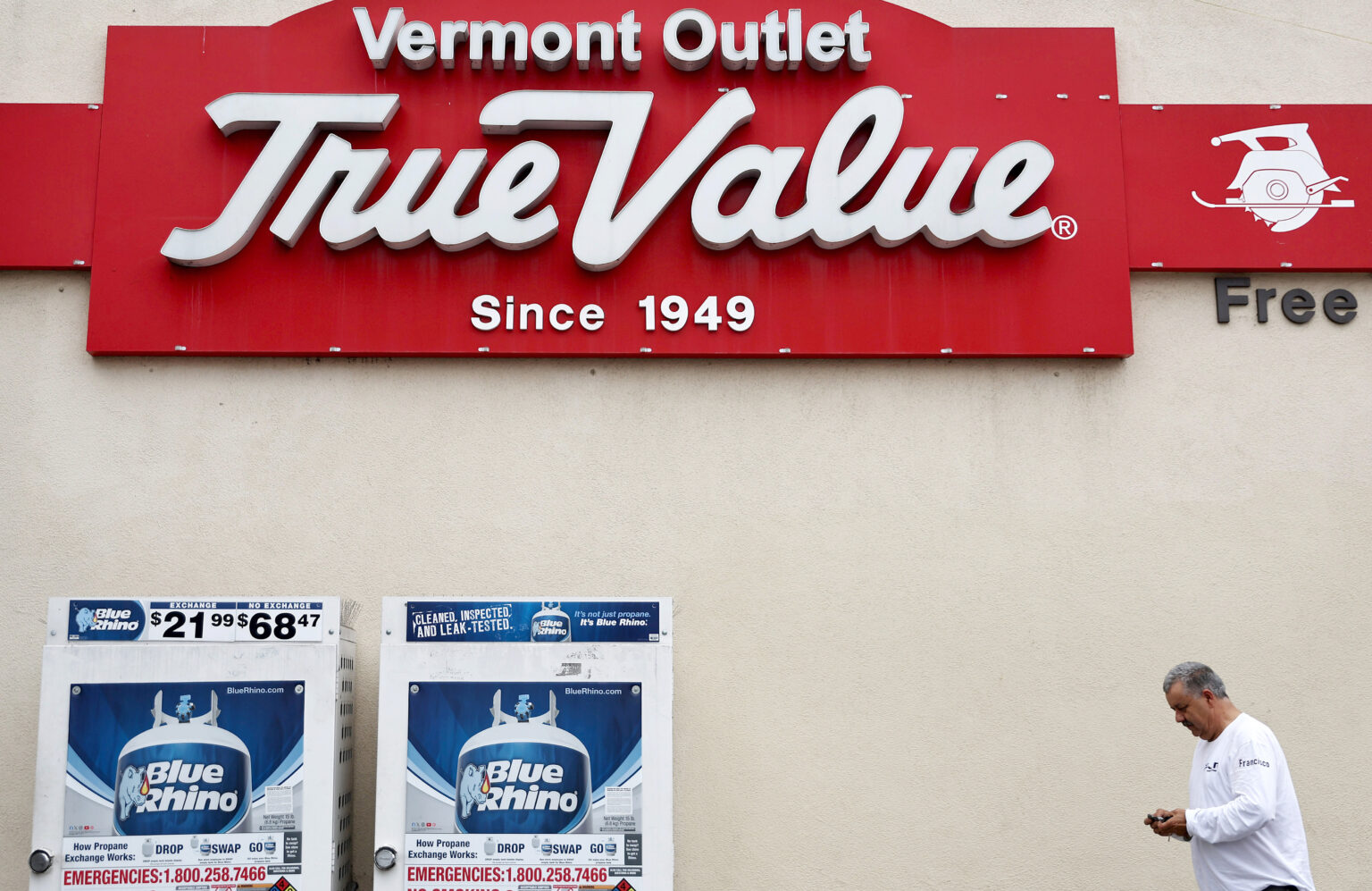A stark 40% rise of companies filing for bankruptcy in 2024 over the 12-month period ending June 30, 2024, has shaken industries ranging from retail to hospitality.
With the pandemic leaving lasting scars on communities and markets, several well-known companies have entered Chapter 11 to restructure and survive.
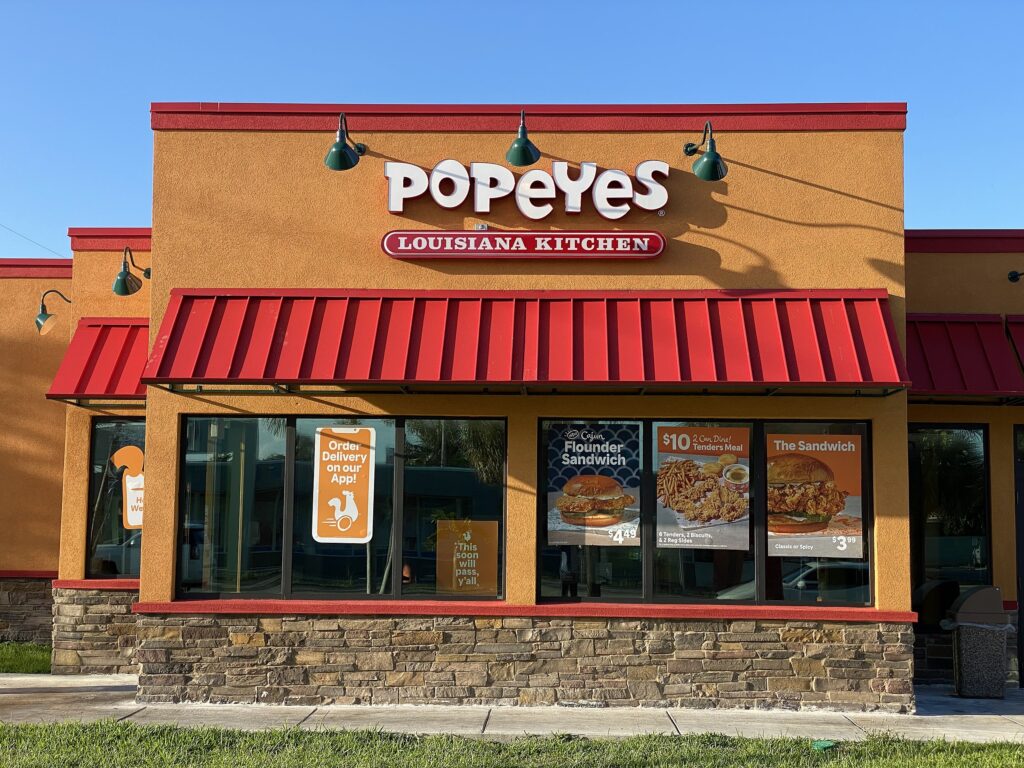
Popeyes Franchisees Seek Shelter
Popeyes, a dominant player in American fast food, has not been immune to economic pressures.
In January 2024, RRG, Inc., a 17-unit franchisee in Georgia, sought Chapter 11 bankruptcy protection, closely following Premier Cajun Kings, which had filed in March 2023 for 30 Popeyes locations across Alabama, Georgia, and Tennessee.
The fast-food giant’s franchisees are feeling the pinch of rising operational costs and shifts in consumer behavior.
Related: McDonald’s Tests $5 Meal Deal After Pricing Out Core Audience
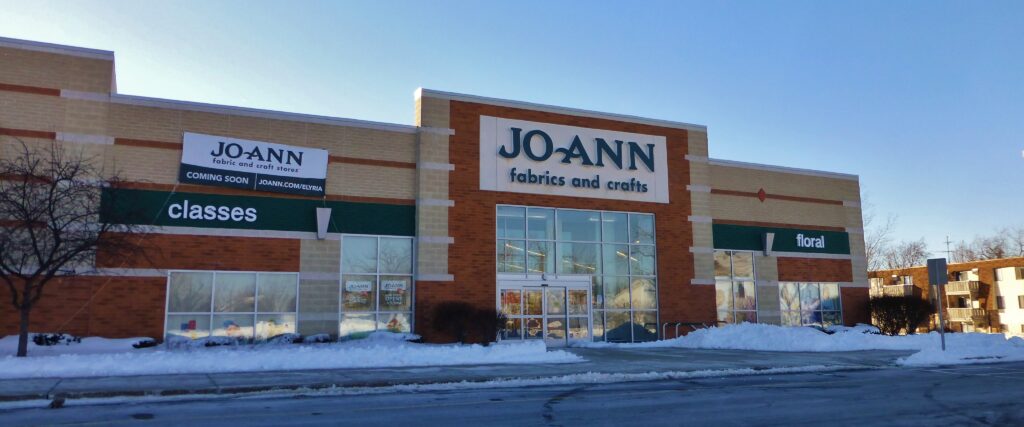
Joann Fights Back with Restructuring
Joann Fabrics, once a go-to retailer for crafting enthusiasts, found itself over $1 billion in debt by March 2024.
Filing for Chapter 11, the company vowed to navigate turbulent times without closing any of its 800 locations.
In a rare success story, Joann emerged from bankruptcy in late April, shedding $505 million in debt while preserving jobs and storefronts. Their ability to restructure without mass closures offers a glimmer of hope amid the broader retail collapse.
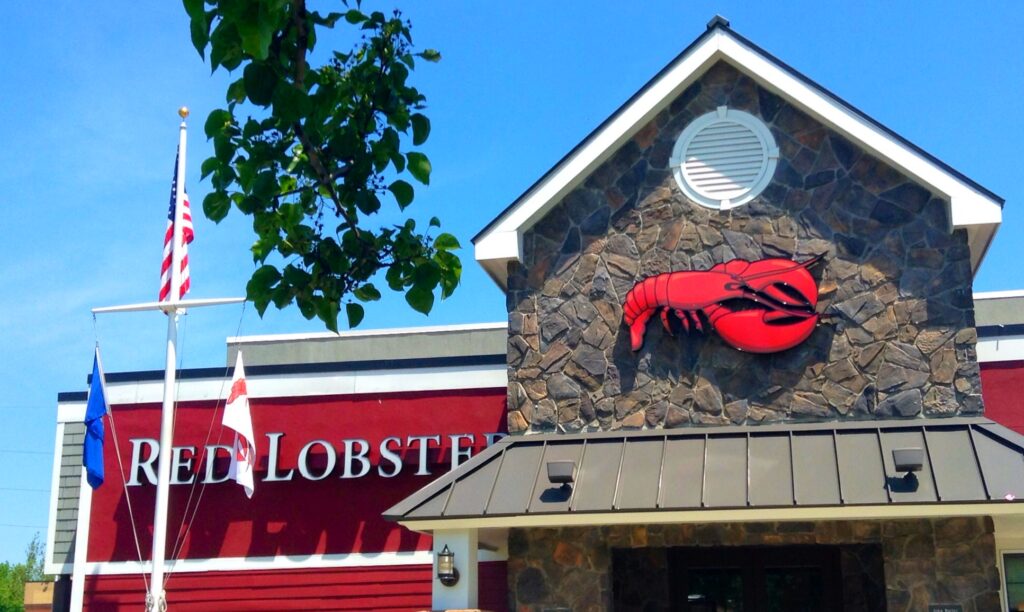
Red Lobster’s Deep Waters
Once a staple of the American dining scene, Red Lobster is navigating its own troubled waters. In May, Red Lobster Management LLC voluntarily filed for Chapter 11, citing a staggering debt profile of over $1 billion.
The closure of 48 U.S. locations, CEO turnover, and public controversies surrounding its all-you-can-eat shrimp promotion have compounded its decline in customer traffic.
Related: Can Flavor Flav Save Red Lobster From Private Equity?
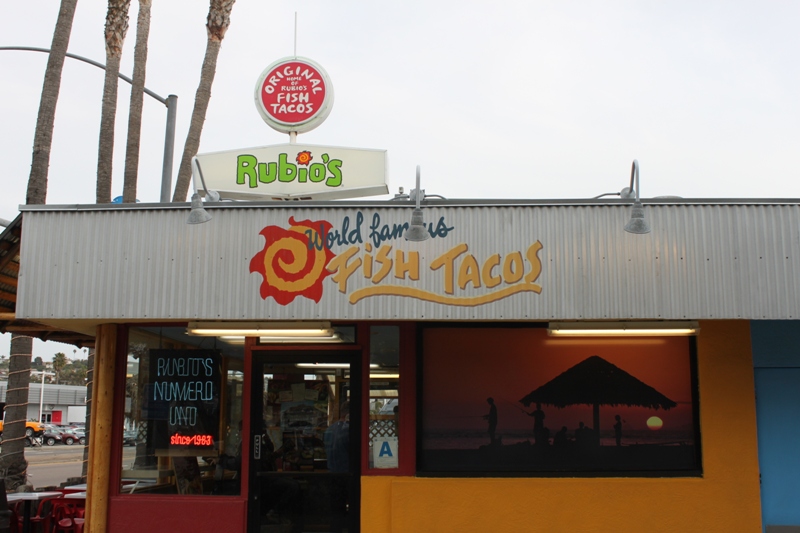
Rubio’s Faces Minimum Wage Pressures
California’s minimum wage hike to $20 per hour has added to the strain on Rubio’s, a Mexican fast-casual chain.
In June, Rubio’s, with 86 locations across California, Arizona, and Nevada, filed for Chapter 11 bankruptcy protection after shutting down 48 locations a month earlier.
In a related press release, the company cites rising food, utility, and labor costs as key reasons for its financial woes, marking another casualty in the restaurant sector.
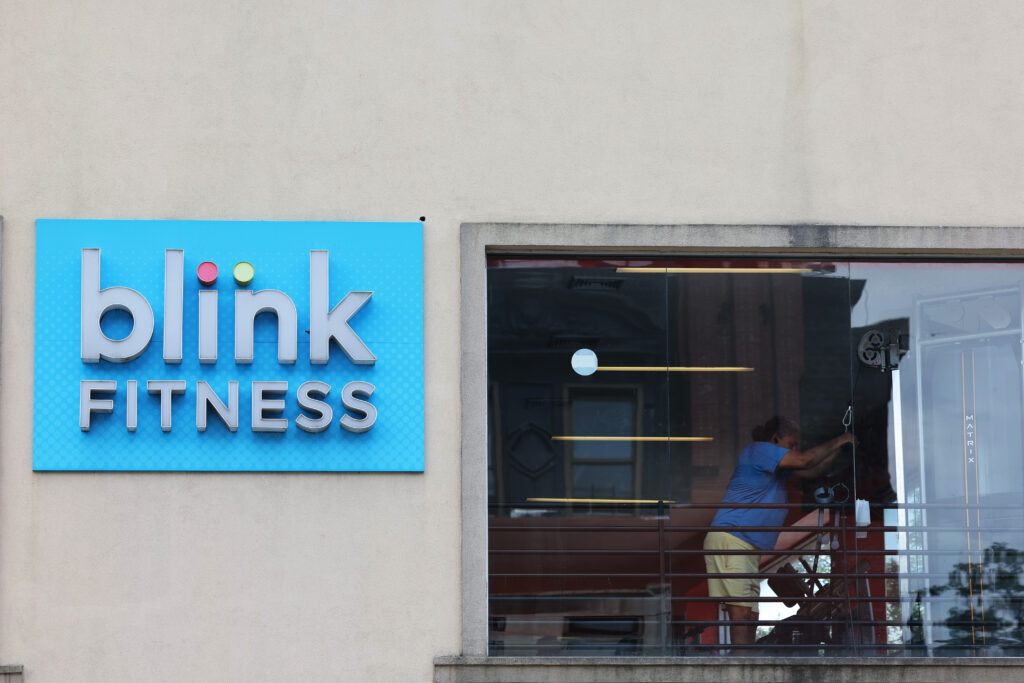
Blink Fitness’ Strategic Chapter 11 Filing
Fitness chain Blink Fitness, known for its accessible, community-driven model, also filed for Chapter 11 bankruptcy in 2024.
Interestingly, Blink does not face crippling debt. Instead, the company plans to leverage the court-supervised restructuring process to optimize its operations, including selling assets and refocusing on its most profitable locations.
Blink’s approach exemplifies how companies are using Chapter 11 to reposition for long-term sustainability rather than as a last resort.
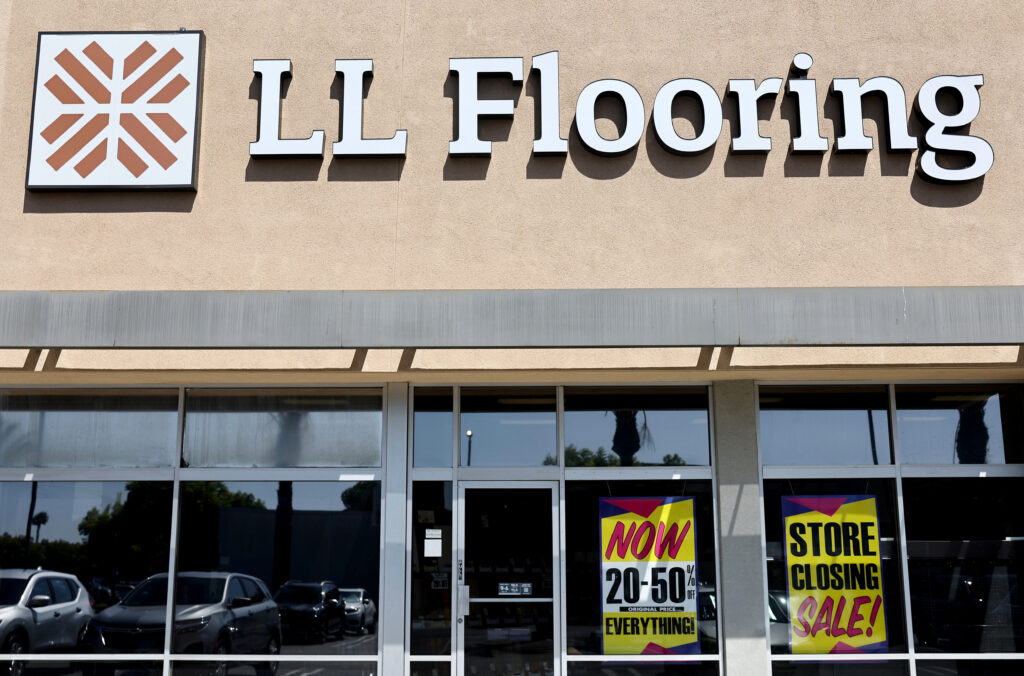
LL Flooring and Retail’s Continued Struggles
The home improvement sector, already reeling from the closures of Bed Bath & Beyond and Conn’s, took another hit when LL Flooring filed for Chapter 11 in August.
The company, which operates over 400 stores nationwide, announced it would close 94 of them as part of its restructuring plan.
Unless a buyer emerges soon, LL Flooring plans to liquidate its remaining assets by August 26, signaling an end to yet another retail giant.

Buca di Beppo & The Restaurant Sector’s Ongoing Woes
Buca di Beppo, the Italian restaurant chain, filed for bankruptcy in August after closing a dozen locations across the U.S.
With nearly $50 million owed to creditors, the company hopes to restructure and continue operations at 44 remaining locations.
According to a related press release, Buca di Beppo’s plans to open new branches while navigating bankruptcy reflect a trend among companies aiming to not just survive but expand amidst restructuring.
Related: Buca di Beppo Files for Chapter 11 Bankruptcy
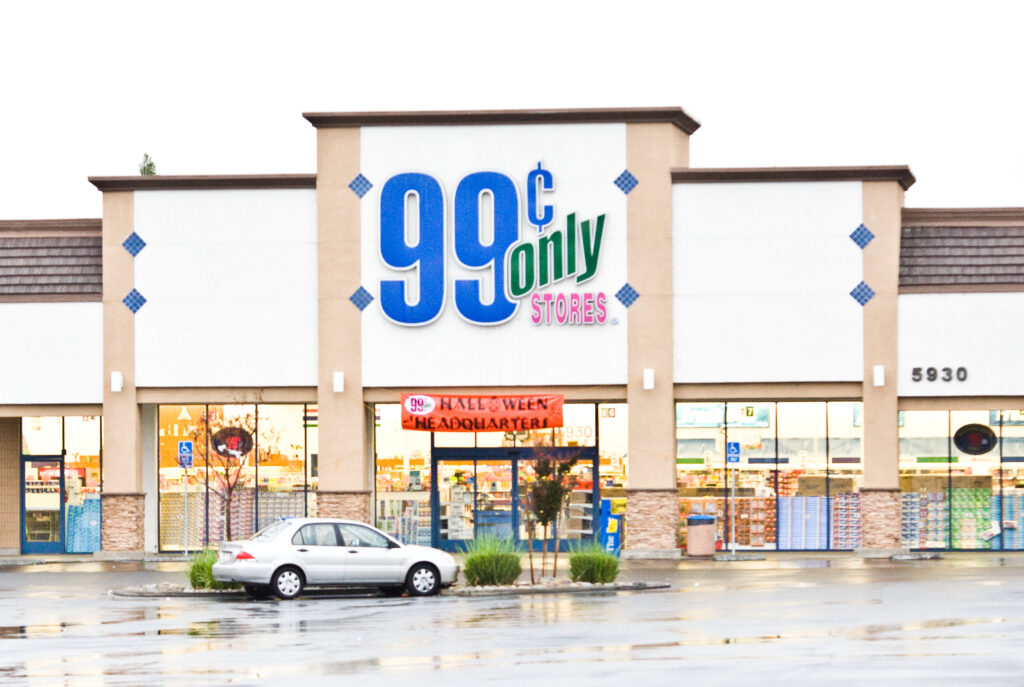
99 Cents Only Faces Store Closures
Budget retailer 99 Cents Only, once a staple for low-cost shopping, filed for Chapter 11 protection in April.
The company closed 125 stores by the end of that month, with plans to sell off remaining branches and assets.
By the end of May, Dollar Tree had acquired 170 99 Cents Only locations, expanding its influence on the West Coast and signifying a consolidation trend among dollar-store chains.
“Unfortunately, the last several years have presented significant and lasting challenges in the retail environment,” 99 Cents Only CEO Mike Simoncic says in a related press release, “including the unprecedented impact of the COVID-19 pandemic, shifting consumer demand, rising levels of shrink, persistent inflationary pressures and other macroeconomic headwinds, all of which have greatly hindered the company’s ability to operate.”
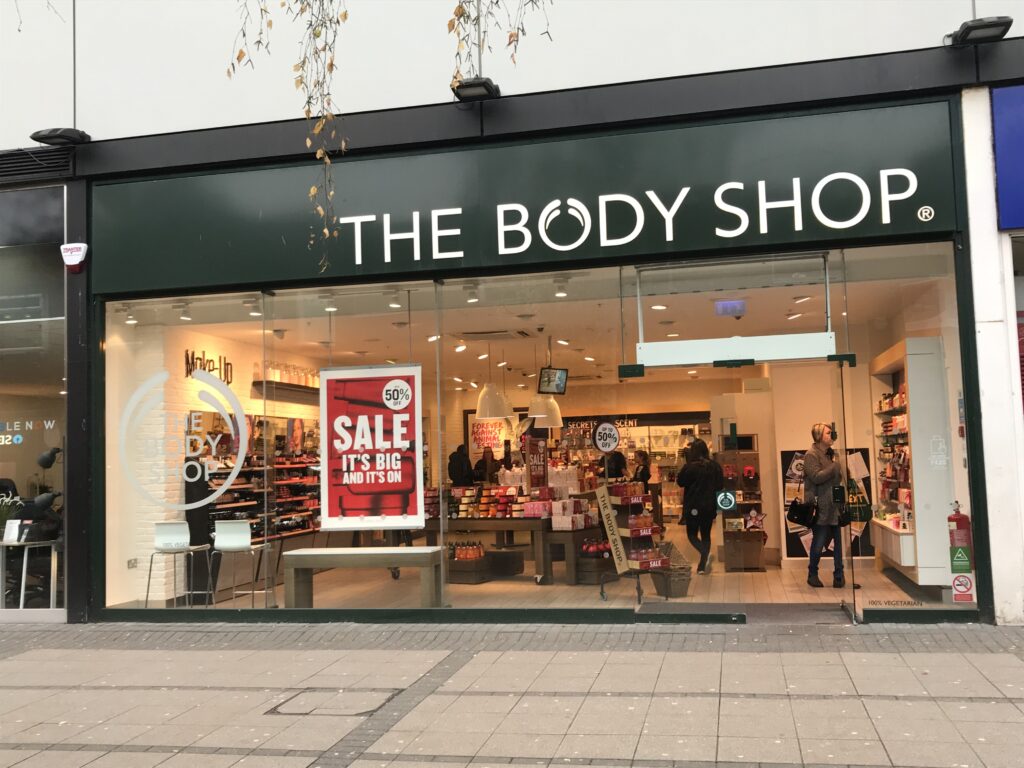
The Body Shop’s Global Retreat
In March, The Body Shop filed for bankruptcy in the U.S. and Canada, following a similar fate for its UK parent company.
After closing all 50 of its U.S. stores, the brand is now seeking to sell off assets under Chapter 7.
The once-prominent skincare and beauty retailer, now owned by Aurelius, exemplifies how even iconic brands are not safe from the economic storm.
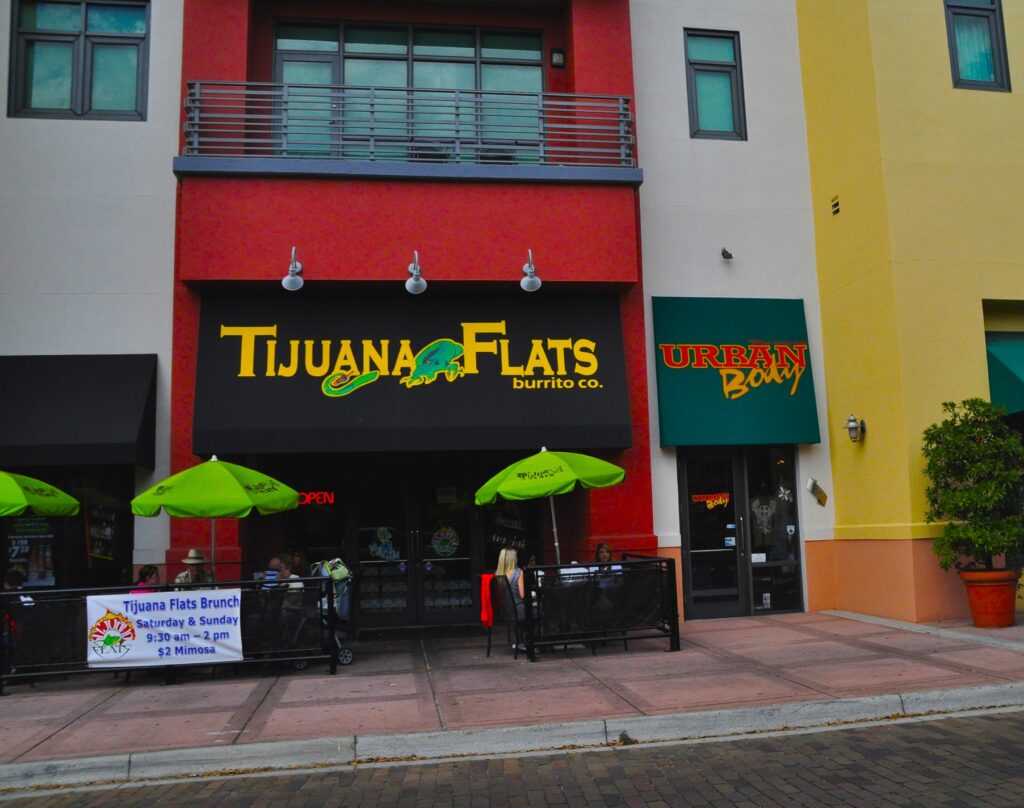
Tijuana Flats Restructures Under New Ownership
Tijuana Flats, the Tex-Mex chain founded in 1995, announced its Chapter 11 filing in April 2024.
The company, under new ownership by Flatheads LLC, closed 11 of its 91 restaurants as part of a restructuring plan designed to refocus on its original selling points.
The brand’s new leadership is betting on a strategic reinvestment to navigate its financial hurdles.
The Path to Recovery
While 2024 has seen a wave of Chapter 11 filings, bankruptcy doesn’t always spell the end for businesses.
Companies like Jo-Ann’s have proven that with strategic planning and effective restructuring, it’s possible to emerge stronger.
Despite the 40% increase in companies filing for bankruptcy in 2024, economic analysts are cautiously optimistic about the future. For many of the companies listed, the next few months will be critical in determining whether they can successfully exit bankruptcy and rebuild or shutter their doors for good.


